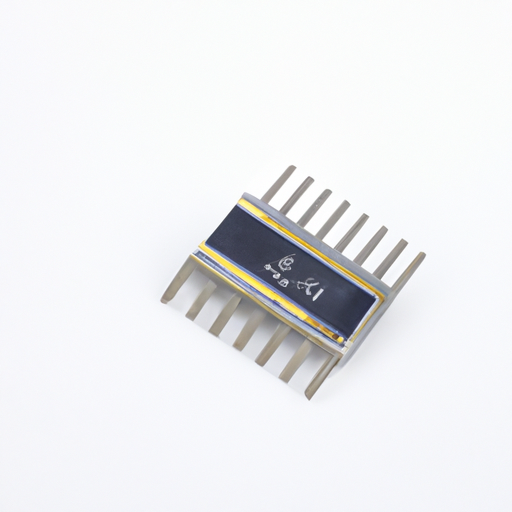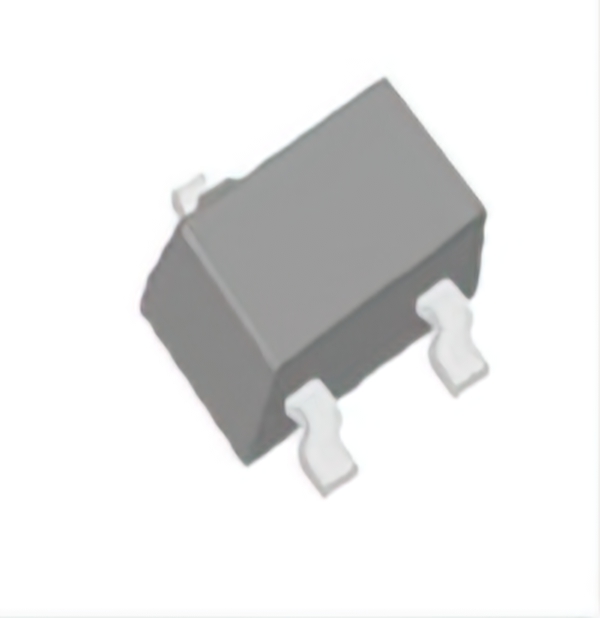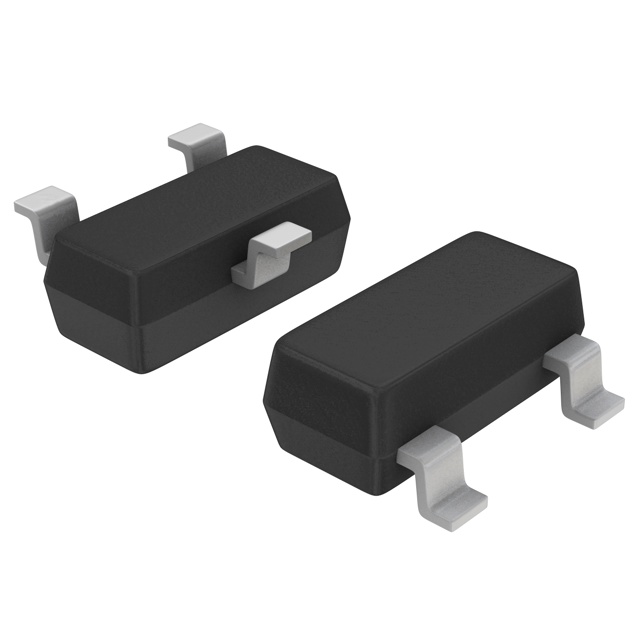CFR-50JB-52-1K Resistors highlighting the core functional technology articles and application development cases of Resistors that are effective.
System
Oct 14
6
Core Functional Technologies of Resistors1. Voltage Division: Resistors are integral in creating voltage dividers, which allow designers to obtain a desired voltage from a higher voltage source. This is particularly important in sensor applications, where specific voltage levels are required for accurate processing and measurement.
2. Current Limiting: In LED circuits, resistors serve to limit the current flowing through the LED, preventing potential damage. This application is essential for ensuring the longevity and reliability of lighting systems, especially in consumer electronics and automotive lighting. 3. Pull-Up and Pull-Down Resistors: These resistors are critical in digital circuits, ensuring that inputs to logic gates are at defined logic levels when not actively driven. This is particularly important in microcontroller and FPGA applications, where stable logic levels are necessary for reliable operation.
4. Biasing: Resistors are used to set the operating point of transistors in amplifier and switching applications. Proper biasing is crucial for ensuring that transistors operate efficiently and effectively in various electronic circuits.
5. Feedback and Gain Control: In operational amplifier circuits, resistors are used to set gain and feedback levels. This is vital in applications such as audio processing, where precise control over signal amplification is required.
Application Development Cases1. Consumer Electronics: In smartphones, tablets, and other devices, resistors are utilized in audio circuits, power management, and signal processing. The CFR-50JB-52-1K, for instance, can be employed in audio amplifiers to set gain levels and in power supply circuits for voltage regulation, ensuring optimal performance.
2. Automotive Applications: Resistors are essential in automotive electronics for sensor interfacing, control systems, and lighting. They can be used in control circuits for LED headlights, ensuring proper operation and extending the lifespan of lighting systems.
3. Industrial Automation: In PLC (Programmable Logic Controller) systems, resistors are used for input signal conditioning and interfacing with sensors. The reliability and precision of resistors like the CFR-50JB-52-1K are crucial for accurate data acquisition and control in industrial environments.
4. Medical Devices: In medical instrumentation, resistors are employed in signal conditioning circuits to ensure accurate readings from sensors. For example, they are integral to the circuitry in ECG machines, where precise voltage levels are critical for accurate heart monitoring.
5. Telecommunications: Resistors are utilized in RF (Radio Frequency) applications for impedance matching and signal attenuation. The CFR-50JB-52-1K can be part of the circuitry in communication devices, ensuring signal integrity and performance.
Articles and Resources1. "Understanding Resistor Types and Their Applications": This article provides an overview of various resistor types, including carbon film, metal film, and wire-wound resistors, discussing their characteristics and applications in different circuits.
2. "The Role of Resistors in Circuit Design": A comprehensive guide on how resistors are utilized in various circuit designs, featuring practical examples and design considerations that highlight their importance.
3. "Resistor Selection for Power Management Circuits": This article focuses on the criteria for selecting the right resistors for power management applications, discussing factors such as tolerance, temperature coefficient, and power rating.
4. "Designing with Resistors: Best Practices": A resource outlining best practices for using resistors in circuit design, including layout considerations, thermal management, and ensuring reliability in various applications.
5. "Case Studies in Resistor Applications": A collection of case studies showcasing effective uses of resistors in real-world applications across different industries, demonstrating their versatility and importance.
ConclusionResistors like the CFR-50JB-52-1K are fundamental components in electronic circuits, enabling a wide range of applications from consumer electronics to industrial automation. Understanding their core functionalities and effective application cases can significantly enhance circuit design and performance. For engineers and designers, leveraging the right type of resistor in the right application is key to achieving reliable and efficient electronic systems. By exploring the various technologies and applications of resistors, professionals can optimize their designs and ensure the success of their projects.
Read more









